

Discussions about menstruation and personal hygiene can make many individuals feel uncomfortable, confused, or even afraid. Knowing your body, however, is crucial for every girl and woman, regardless of whether you prefer to avoid certain topics or not. Online forums are swarming with articles about periods. Despite the fact that this is a pretty difficult and delicate subject, many opt to share their experiences, provide advice, and are curious about other women’s experiences. If you decide to look for your answers online, bear in mind that you may come across common misconceptions and myths that have nothing to do with reality. But if you do have questions, feel free to ask them! Look for dependable sources, such as research articles, gynecologists, or specialized forums.
Remember that your health needs care and attention. Take a moment to reflect— are you consuming the appropriate foods during your menstrual cycle? Are you practicing proper hygiene? Do you possess sufficient knowledge about periods, PMS, and methods for alleviating pain? There must be something you have yet to discover! In our Know Your Period section, you will find answers to the most interesting and important questions every woman should know.
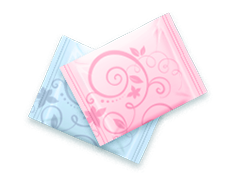
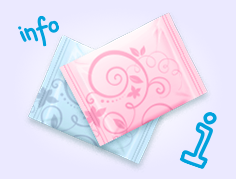
A girl begins menstruating when she reaches reproductive age. A woman’s body can procreate, so it prepares for conception every month. If fertilization does not occur, the cycle ends in the detachment of the uterus’s inner wall, which causes bleeding. In other words, ovaries regularly produce eggs, which, left unfertilized, leave the body along with menstrual flow. Once menstruation is over, the uterus begins to prepare for the next cycle.
Periods cease with the onset of menopause. It is impossible to know the exact age this will happen. It is a very personal process that is influenced by a variety of things, such as stress, mental shocks, lifestyle, diet, exercising, genetics, surgeries, hard drugs, etc. The average age at which the first signs of menopause manifest themselves tends to be between 45 and 55 years. This means that a woman can no longer conceive.
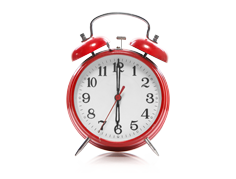
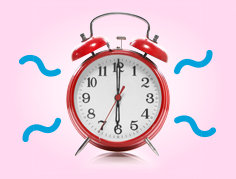
The first period is always a significant moment in a girl’s life because she realizes she is maturing, changing, and making new and exciting discoveries. It is a natural process, so it is important to accept it and not be afraid of anything. The first period normally comes between the ages of 11 and 14. But this isn’t a strict time range, as it may begin earlier or later as well, so it is very individual. Anything between 9 and 16 years old, when the body has developed and gathered the necessary quantity of hormones to start the reproductive process, falls within the normal age range.
There are several signs that indicate the onset of puberty and the imminent arrival of the first period. These include noticeable changes in the body, such as a reduction in waist size and the development of curvier hips and breasts. Additionally, the body begins to produce white vaginal discharge.
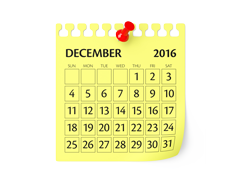
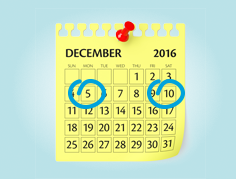
Put simply, the menstrual cycle is a period of time from one menstruation to another. Its length may vary between women and during the course of a woman’s life until the menopause. Normally, 21 days is the shortest length, and 36 days is the longest. Here are a few simple rules to assist you in determining the length of your cycle:
If we assume that the average age of the first period is 10 years and the final one is 50, it is estimated that a woman will have approximately 450 to 500 menstrual periods throughout her lifetime.
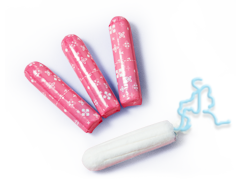
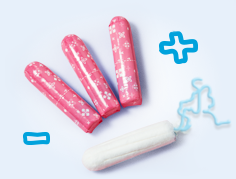
It is hard to say for sure which is actually better — pads or tampons. Each woman makes her own decision based on what is most comfortable, convenient, safe, and secure for her. Therefore, it is essential to sample both products before drawing any conclusions or comparing them. Once you grasp their distinctions, pros and cons, you may choose the product that’s best for you and your periods.

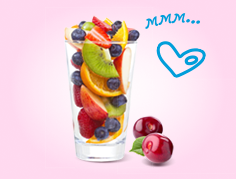
A healthy, balanced diet improves your appearance, comfort, and well-being. Although leading a healthy lifestyle has always been important, it has only recently become fashionable. Unfortunately, sticking to your eating plan isn’t always possible. In times of busy schedules and overwhelming tasks, it is common for individuals to gravitate towards snacks rather than proper meals. Over time, this becomes the norm, while sports may be out of the picture altogether. For a time, the body is able to keep its equilibrium, but eventually it begins to weaken. You get sleepy, worn out, and uncomfortable; working becomes more difficult; tasks are delayed because you can’t do them in a timely manner or because you don’t feel like doing them at all. This is when you realize how critical it is to keep a balanced diet.
Thus, when you are on your period, you should add nutritious foods like meat, fish, seafood, nuts, eggs, fresh vegetables and fruit in your diet. When you adhere to the suggested diet, you might even forget you’re on your period.
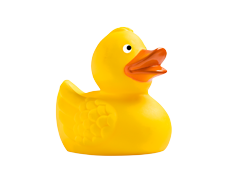
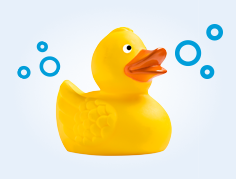
During your period, you must undoubtedly pay much closer attention to both your general health and personal hygiene. Infections, odors, and discomfort may all be avoided with good hygiene.
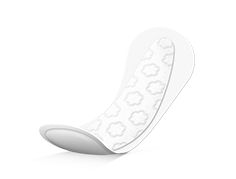
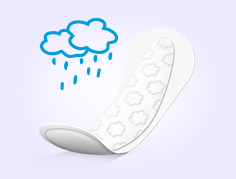
The answer to this question is simple — while using panty liners for a few days before and after your period is not necessary, they are highly convenient and can be beneficial in various situations.
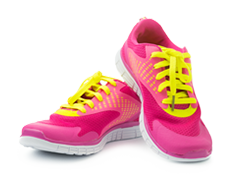
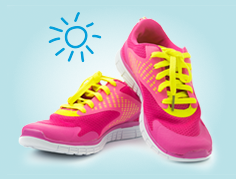
If you’re an avid sports enthusiast who can’t imagine life without physical activity, you’ve likely contemplated whether it’s advisable to engage in sports while menstruating. Expert opinions on this matter vary, making it crucial to consider your gynecologist’s advice and prioritize your personal comfort.
Engaging in intense exercise during your period is generally discouraged as it can increase blood flow to your reproductive organs, potentially impacting your health. But if you feel good, there’s no need to cancel your workout just because it’s that time of the month. Opting for moderate exercise with lighter weights can have positive effects on your mood, energy levels, and PMS symptoms. Nevertheless, if you experience severe menstrual cramps, heavy bleeding, nausea, or dizziness, it’s advisable to refrain from physical exertion. Consulting your doctor is essential to avoid pushing yourself too hard and risking injury.
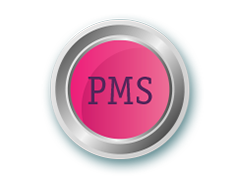
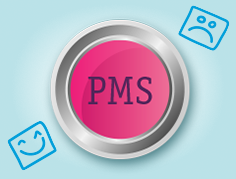
Premenstrual syndrome, or PMS, is a complex set of symptoms occurring a few days before your period. It usually lasts between one to ten days. Many women experience PMS regularly. If you are one of such women, don’t despair; you are not alone.
You must be able to recognize the primary symptoms that women often experience prior to menstruation in order to determine whether you are indeed suffering from premenstrual syndrome. The main of them include mental and emotional symptoms, such as irritability, weariness, depression, tearfulness; neurological symptoms like headache, heart pains, sickness and even vomiting; metabolic and endocrine symptoms, such as swelling, itching, fever, and others. You may get mixed symptoms, which makes your condition worse and much more hazardous because it would be more challenging to predict the outcomes.
You should see a doctor right away if your PMS symptoms start to occur more frequently and get worse over time. Treatment will depend on the severity of the syndrome and may take a long time, so do not put off the appointment.
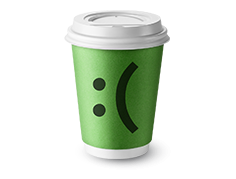
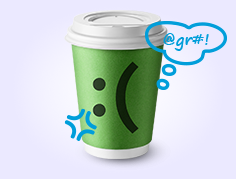
Irritability, tearfulness, touchiness, drowsiness, aggressiveness, insomnia, weakness, forgetfulness, fatigue, conflict, anger, depression, increased blood pressure, engorged breasts, low sex drive.
Swelling of different body parts, hand numbness, allergy, acne, weight gain, muscle pain, bloating, chest pain, sweating, sensitivity to odors.
Headaches, dizziness, fainting, nausea, vomiting, fever, skin redness, pounding hear, panic attacks.
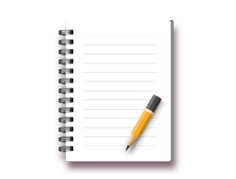
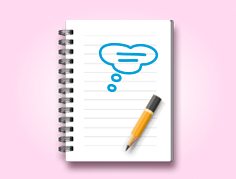
It may appear like the sense of ease and comfort is impossible during your periods. But this is a misconception. It really is difficult to build a habit and constantly control your actions, but you get used to a new way of life over time, and the benefits will soon follow. Stick to these recommendations:
While immediate results may not be evident, adhering to these recommendations will eventually yield positive effects. A sense of ease, satiation, and the discovery of new flavors will emerge with time. Be patient and go for it!
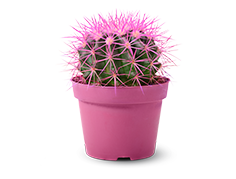
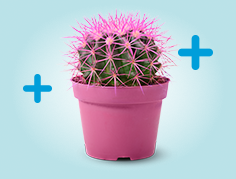
A lot of women experience period cramps and the associated discomfort in the abdomen region. This pathology is called dysmenorrhea. Dysmenorrhea symptoms vary in severity, so it is divided into primary and secondary forms. Short-term cramping without any internal pelvic organ alterations is referred to as primary dysmenorrhea. Secondary dysmenorrhea has a different nature and may cause serious consequences, such as impaired blood flow, nerve irritation caused by uterine contractions, etc. Do not ignore your symptoms or put off getting treatment, since doing so may result in greater inflammation in the affected region. You will experience symptoms such as dizziness, nausea, diarrhea, vomiting. Pain will spread to your legs and lower back.
To reduce pain in case of primary dysmenorrhea, take a hot shower, use a heating pad or a warm towel in the lower abdomen, take painkillers, and rest on your side in a comfortable position. This will relieve discomfort and cramps. If painkillers and other measures do not help and you are in pain for an extended period of time, see a doctor as soon as possible.